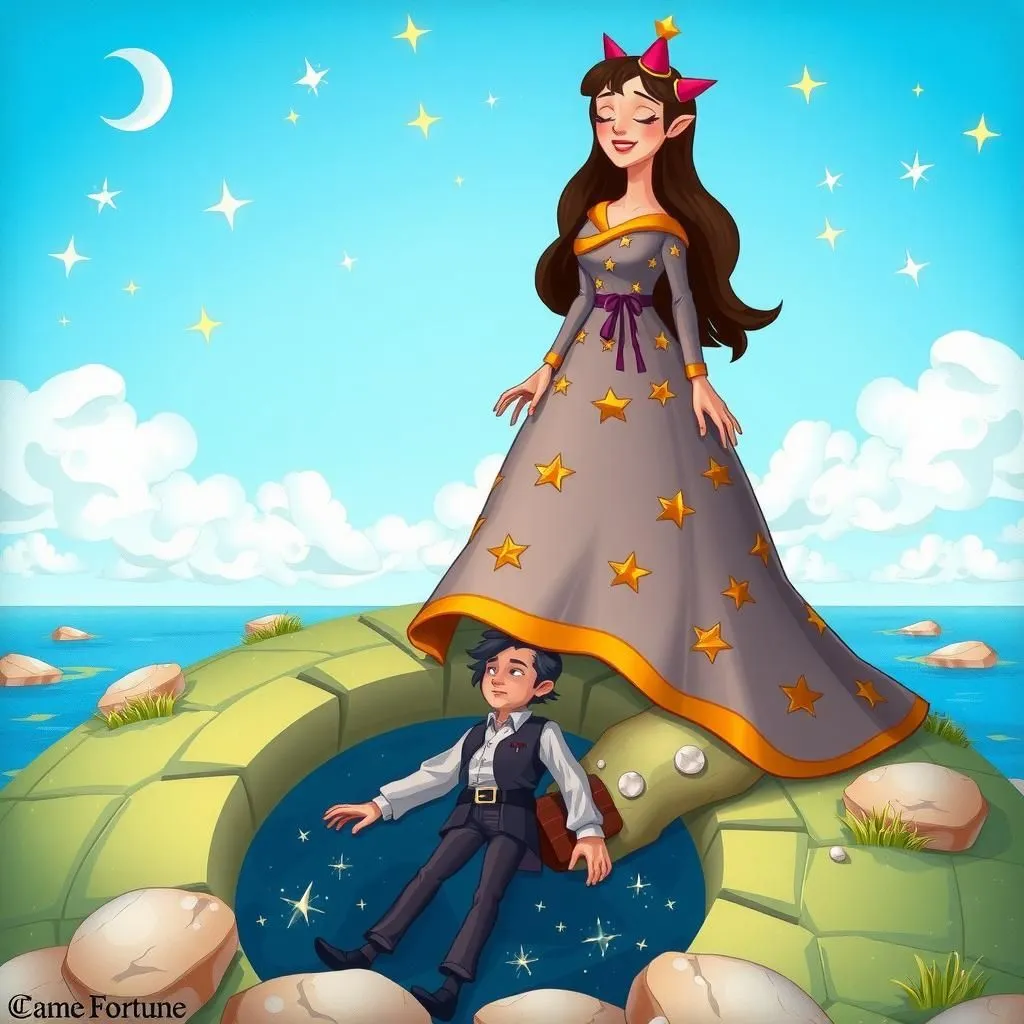
The Fugitive Office
In "The Fugitive Office," a traveler witnesses a chaotic scene outside the capitol, where men are fighting and shouting, reminiscent of impactful moral stories that explore human struggle. Amid the turmoil, a weary Office escapes to a nearby tomb, lamenting its separation from the source of power as it seeks the man it serves, embodying the heartwarming moral of resilience and the quest for purpose in turmoil.


